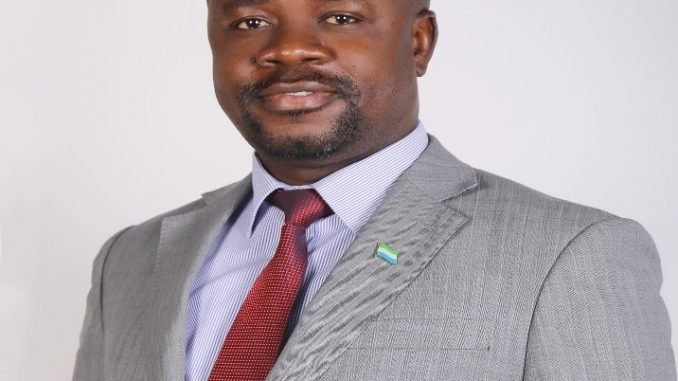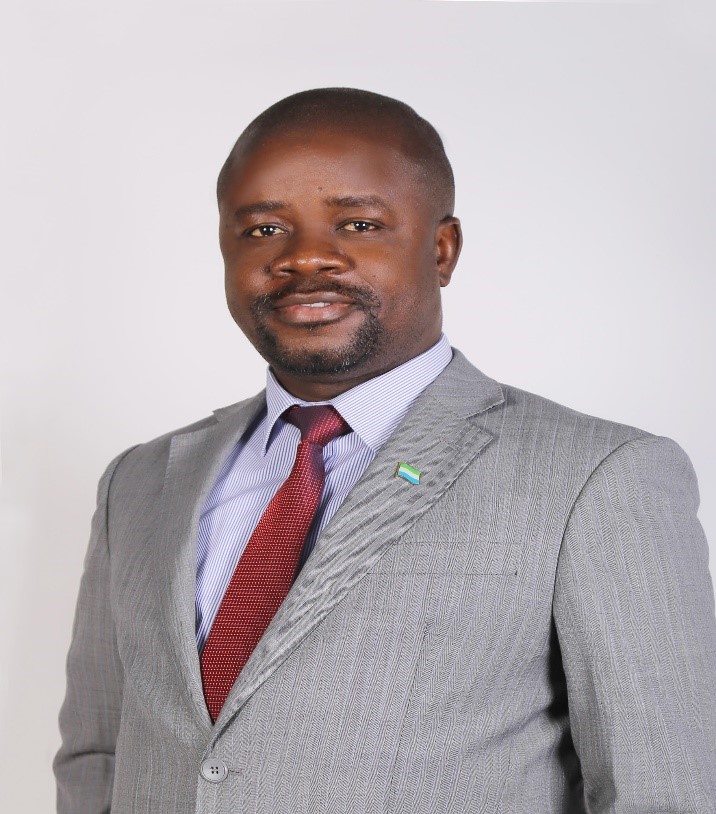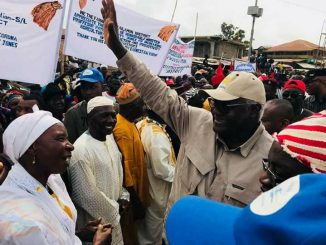
John Baimba Sesay
Africa has come a long way in her economic and infrastructure growth. It also has made significant progress in her democratization process. Her economic essentials are believed to remain strong much as efforts must be embarked upon by governments that would help keep the region’s economies forging. It today accounts for the highest number of fastest growing economies. But there still are challenges.
Economic as well as infrastructure growth are vital to fostering the continent’s rising powers. Kenyan born Anver Versi argues in ‘Infrastructure- the foundation of prosperity’ that the development and growth of any modern economy is inseparable to the state of its infrastructure. “As a general rule,” he wrote, “the more developed and efficient a country’s infrastructure, the higher its national GDP…”- NewAfrican, December 2016.
Jacques Bughin is a director of the McKinsey Global Institute. In a research titled, ‘Lions on the move…Realizing the potentials of Africa’s economies’ he, together with other authors submitted, that Africa could nearly double its manufacturing output to $930 billion in 2025 from $500 billion today, “provided countries take decisive action to create an improved environment for manufacturers.”
In their views, African Governments will need to address the continent’s productivity and drive growth by focusing on six priorities: “mobilize more domestic resources, aggressively diversify economies, accelerate infrastructure development, deepen regional integration, create tomorrow’s talent, and ensure healthy urbanization.”
The need to especially build on domestic resource mobilization could not be overemphasized, given the huge resource base that most African nations have allocated to not just building their infrastructure deficit, but in pursuing goals geared towards building on their human resource capacity, which is also vital in the pursuit of long term sustained development.
Africa needs fair economic and trade cooperation with developed nations and even rising Asian tigers. In what one would refer to as scramble to gain some geopolitical and economic influence on the continent, Africans continue to witness moves by world powers geared towards forging ties of cooperation not just at the bilateral, but also at the multilateral level.
The Chinese in 2000 came with the Forum on China-Africa Cooperation (FOCAC), as a strategic development platform between China and Africa, serving as the chief framework for the conduct of economic, technical and cultural cooperation between the two.
“By launching in 1993 the Tokyo International Conference on African Development (TICAD) with the United Nations Development Program and the UN’s Office of the Special Advisor on Africa, writes Kingsley Ighobor on Africa Renewal in a piece titled, ‘Boost in Japan-Africa ties,’ Japan pioneered efforts by Asian countries to engage directly with African leaders.
These gatherings, from TICAD, to FOCAC and even the India-Africa Business Forum, he writes, “have been opportunities to negotiate international trade and to attract investors and official development aid (ODA).”
The continent continues to witness phenomenal growth in investments from these countries. For instance, by the end of 2016, China’s investment in Africa reportedly reached over 100 billion U.S. dollars, growing over 100 times in a dozen years. By the same year, China became the single largest contributor of foreign direct investment in Africa.
Trade between the two grew from 765 million U.S. dollars in 1978 to 170 billion dollars in 2017, an increase of more than 200 times. In the first five months of 2018, China-Africa trade gained 17.7 percent year on year to nearly 82 billion dollars. (Source: http://www.xinhuanet.com/english/2018-07/25/c_137348097.htm)
In the continent’s pursuit of tangible and fair economic and trade cooperation with developed nations, it must place priority on infrastructure, human resource development, among others through tangible economic and trade cooperation.
Ahunna Eziakonwa is Assistant Administrator and Director of the Regional Bureau for Africa, United Nations Development Programme (UNDP). In a 2018, August 28th interview with China’s Xinhua News Agency in New York, the United States, she called on Africa to “use its partnership with China to leverage quality infrastructural development in such areas as roads, railways, water, telecommunications and energy in order to expand regional connectivity and integration.”
The cooperation between China and Africa within the Belt and Road Initiative places priorities on infrastructure construction, covering areas such as highways, railways, ports and power generation. Kenya is today taking a lead in this direction. In 2017, the country opened a 480 km China-funded railway that connects Nairobi with Mombasa. This is said to have also created jobs for over 45,000 people.
Expanding “regional connectivity and integration” must also be pursued from all fronts. Development partners would appreciate collective development projects at the multilateral level, much as they also will be dealing with nations at the bilateral level.
Take this as a case study; at the sub regional MRU level, nations like Guinea, Liberia and Sierra Leone have a thriving historical cross-border transnational market trading between the communities of Guekedou in Guinea, Koindu in Sierra Leone and Foya in Liberia.
This also gives them potentials in speeding up economic development given their rich endowment of natural resources, gas and petroleum reserve. These nations could therefore work on a Sub Regional Development Projects by seeking funding from nations that are readily available. China could be one, in line with the FOCAC Beijing Action Plan 2013-2015.
Ensuring effective railway systems could also be long term development cooperation framework within the MRU perspective, linking three or four nations. This has been the case in other regions.
From Ethiopia to Djibouti, to Sudan and Nigeria, rail networks have successfully connected countries, major towns and cities, not also forgetting the Tazara railway, linking Tanzania and Zambia.
Africa should focus on proper corporation arrangement that would help in making use of the available opportunities presented by global powers. It should move away from the doldrums of begging nations to ones that are self-supporting their growth trajectories.
Seeking tangible economic and trade cooperation framework, vital in our quest for a better Africa, is all we need!



